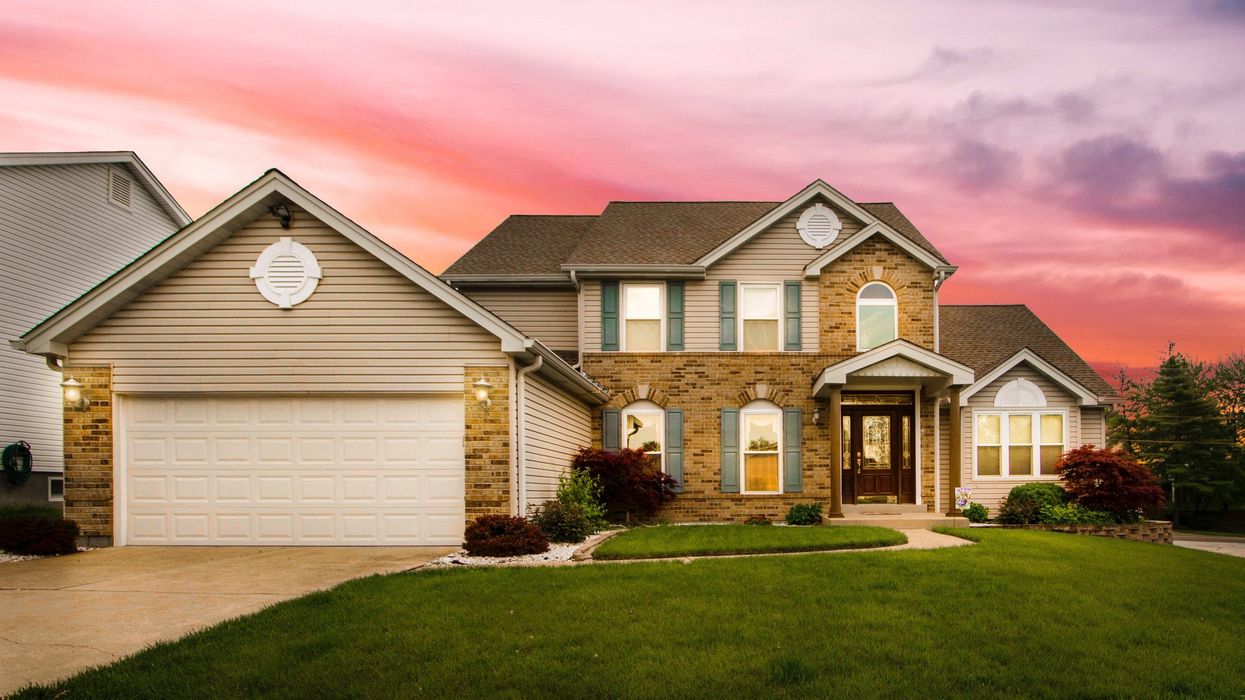With the average house price in Toronto now above $900,000, it was a no-brainer for Mary Davidson to move out of town.
“I’ve been living in a small semi-detached place in the Beaches, with a two-and-a-half year old and a dog,” says Davidson, who works in sales and marketing for a healthcare company west of Toronto.
READ: September Single-Family Home Sales Rise 283 Per Cent From Last Year
She is moving out of the city with her son and dog this year. It will still be a commute to work from the detached suburban house Davidson bought, but less far, less time and less stress than sitting in bumper-to-bumper traffic every morning.
“I didn’t really have a choice in terms of wanting to buy a home. I sold for more than I paid to rebuy and now we have room. It’s a better lifestyle for me as a mom with a young child,” she says.
Davidson’s situation does not appear to be unusual in a red-hot Toronto housing market where prices continue to rise while supply levels shrink. In September, the Toronto Real Estate Board (TREB) reported that the average selling price of a home in the city reached $913,096.
READ: TREB Concerned About City Council’s Motion To Hike Land Transfer Tax
“Many first-time buyers are still experiencing difficulty finding an affordable home," said TREB President Michael Collins in the board’s most recent monthly report. Even as prices rise, sales are up too, by 22 per cent year over year. However, analysts say September’s Toronto sales were still far below the record reached in September 2016.
A lot of buyers are looking beyond the old 416 area code boundaries to seek bigger properties with more space at more reasonable prices, says Jenelle Cameron, realtor with ReMax Hallmark in Toronto’s Beaches neighbourhood.
“It makes sense. With Toronto prices where they are, it can be daunting to qualify for a mortgage,” Cameron says.
READ: How To Determine How Much Money To Put Down On A Home
“Every individual’s mortgage situation is different, but for example, if you’re self-employed, you’d probably need a minimum of 20 per cent as a down payment.” It’s not easy for many buyers to come up with nearly $200,000 to put down, Cameron says.
Davidson says it’s possible to put down a smaller percentage, and less money, outside the city.
But Cameron notes that with Toronto average prices above $900,000 many properties are more than $1 million, and a 20 per cent minimum down payment is required for properties above that mark.
READ: Millennial First-Time Buyers Often Unaware Of Steps To Home Ownership
“Sometimes I have clients who earn a ton of money but they have saved up, say 15 per cent for a mortgage and they have to cap their home search in Toronto at $999,000,” Cameron says.
Buyers who put down less than 20 per cent down for lower-priced homes are required to purchase CMHC mortgage default insurance.
Still, the affordability gap in booming Mississauga, the GTA’s second largest city, is widening as well.
READ: Mississauga Has Ambitious Plans For Transit Growth
Recent stats from Zoocasa, a real estate website and brokerage, show that a household in Mississauga with the city’s median income of $83,000 would have to save for years in order to secure the downpayment to purchase a median-priced home of any kind.
For example, to get a mortgage on a median priced condo at $470,000, a household with the median income would need to save almost six years to come up with the almost $98,000 downpayment.





















